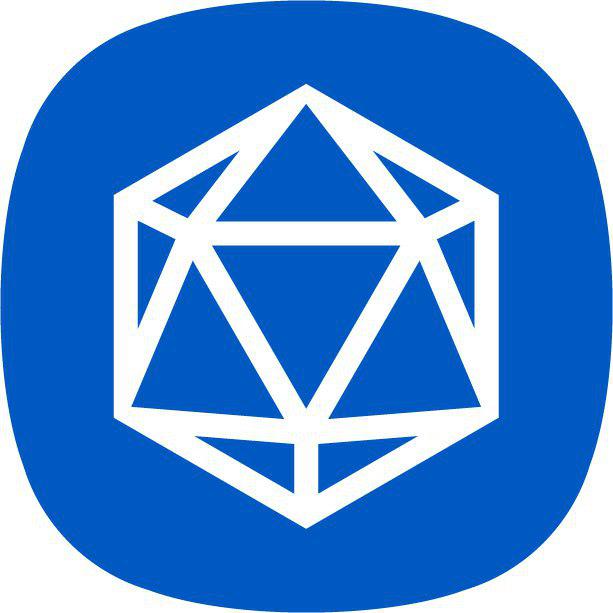
Blockchain has been the buzzword in the tech industry for the past few years since Bitcoin and other cryptocurrencies have surpassed other assets in terms of value. Bitcoin seems to satisfy one use case and sticks to it while other projects have forked, built and innovated on Bitcoin’s core promise of a decentralized, trust-less environment of immutable transactions. Notably, Ethereum opened up a world of decentralized applications or DApps that are being customized, designed and implemented to suit various use cases in different industries.
These distributed apps have one thing in common, they enable industry collaboration through transparency and security. One of the sectors that have been the focus of tech startups for a long time is the healthcare sector. Not only is it a critical sector but it also involves numerous stakeholders and actors coming together for the well-being of patients. Hospitals, different doctors, specialists, healthcare professionals, insurance companies, medical record maintainers, pathology labs and numerous other specialized service providers need to work in tandem for a seamless experience for a patient.
The Challenge
This creates a challenge for every service provider since they need to deal with data at a micro level but still need to have an overview of patient’s data that may be stored with some other entity. For example, an insurance provider will provide one specific service but they might need data about the patient’s health from the pathology lab, an opinion from the patient’s doctor, their expense report from the hospital, etc.
This data is usually hosted either on paper or on an individual business server. The industry has strict rules about privacy and the sharing of this data. The information held by these professionals is absolutely personal to the patient and hence utmost care is required to protect it.
The HIPAA [Health Insurance Portability and Accountability Act] provides strict guidelines about managing and protection of this information.
This creates difficulties and bureaucratic procedures for the transfer of patient’s data and has given rise to a host of tech startups aiming to create a repository of centralized Electronic Medical Records [EMR] data. What EMRs would do is store all the information related to a patient’s healthcare in one place and provide specific access to different stakeholders as and when authorized by the patient.
But this creates a challenge in itself because the patient should be able to trust this one entity with all their data. It creates a single point of weakness that can be exploited, thereby rendering all the information vulnerable to attack.
Blockchain Solution
With the advent of blockchain, this problem can be solved. Blockchain provides an encrypted way of storing a patient’s information in a distributed database that can only be accessed by the patient’s authentication. Blockchain enables different stakeholders to write information to this database that runs on various “nodes” and each transaction is validated by a set of miners that solve mathematical algorithmic puzzles to ensure authenticity and trustworthiness of a node.
A hospital could upload the data about the patient’s treatment, the pathology lab could upload their medical records and only the patient could access these with the key. The selected list from these records could be sent to the insurance provider. The insurance provider could write data once their process is done. This creates a safe environment for every service provider to store, read and write data. This would not be possible without Blockchain’s pseudonymous encrypted data storage abilities.
Blockchain companies like Duality Solutions have come up with solutions like Blockchain as a Service [BaaS] where they take care of complete setup and maintenance of a blockchain setup for healthcare providers. Duality has a bouquet of solutions that take care of all back-end tasks such as setting up the servers, node setups, security, configurations, and maintenance.
Conclusion
Blockchain is said to be as revolutionary as the internet. Healthcare has been pegged to be one of the biggest beneficiaries of this revolution. EMR is one critical use case. Technology will make it simpler and seamless for all the service professionals and the patient.






